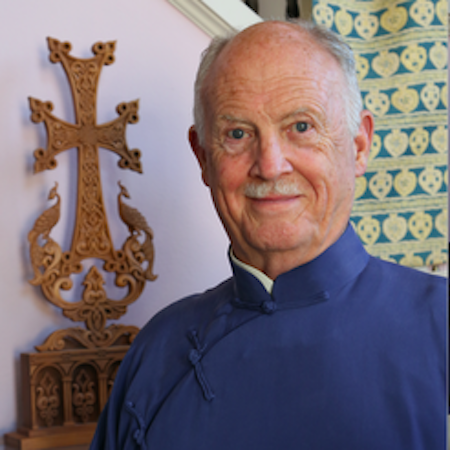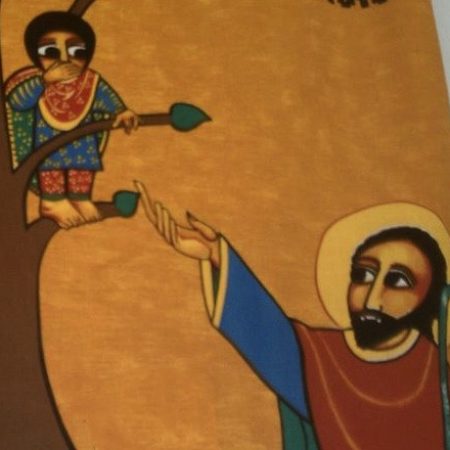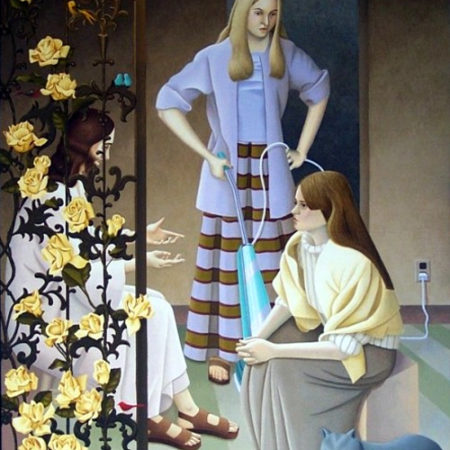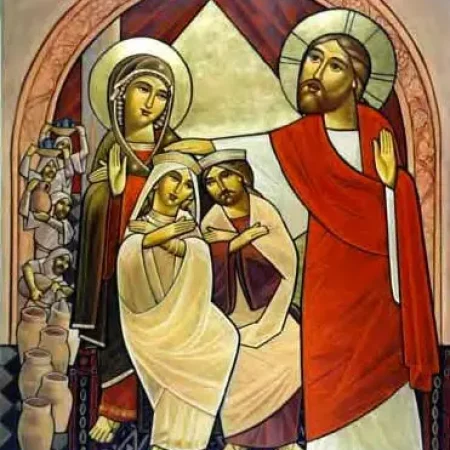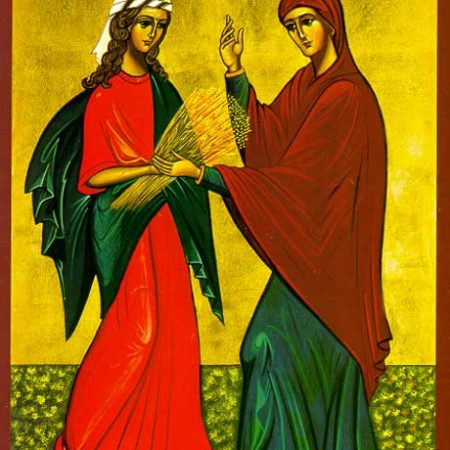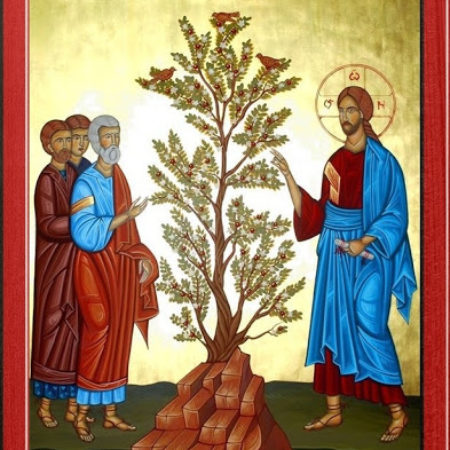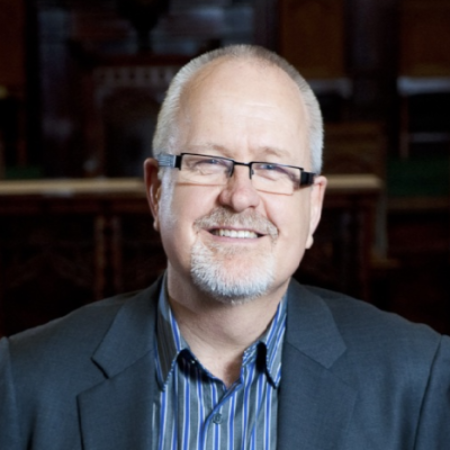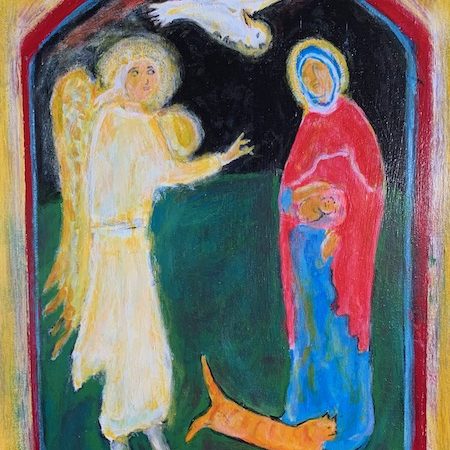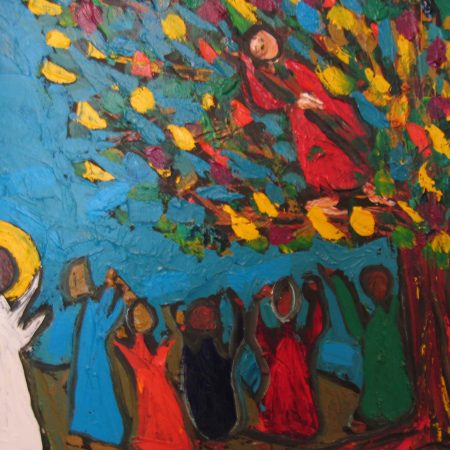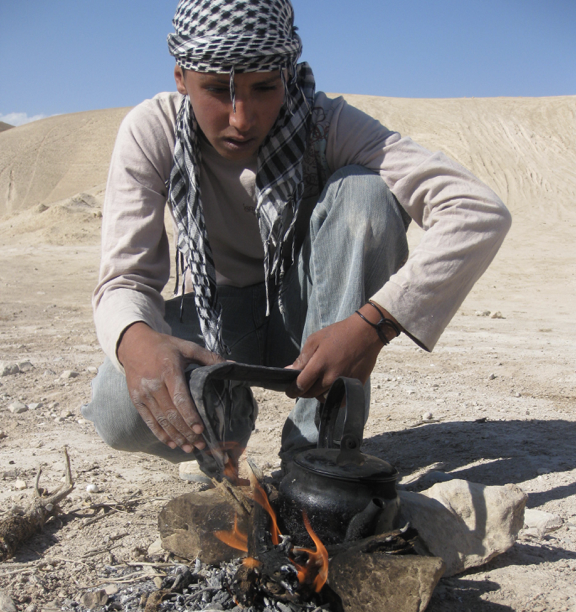God’s Providence usually works by people, moved by the Spirit of God, sharing when they have more above their own needs.
Sermons on Hospitality
God comes to us in unexpected ways, and the break with conventional religious respectability is even more earth-shattering than the break with conventional reproductive biology.
Jesus seeks out and embraces the outcasts, taking upon himself the hatred and hostility that had been directed at them.
Jesus challenges us to bring our lives to where God is active, to share in building the kingdom of God.
Jesus calls all who are worn out from maintaining appearances as hosts to relax into the humility of being guests.
Inviting Christ into your dwelling means being renovated from the inside out.
Being missioners needs to be patterned on Jesus if it is to have any integrity at all, and so it will be characterised by intentional engagement, genuine curiosity, deep listening, allowing others to be a blessing to us, and trusting ourselves to God.
The only measure of our progress in Christian faith is our love for others, including those we are least inclined to love.
God’s love is passionate, attentive, tender and ardent. Jesus the bridegroom comes and woos God’s people in every generation.
The visitation story is a powerful introduction to the gospel of God’s lavish and overwhelming love for us, and to God’s hospitality as we see it in Jesus.
God calls us to beware of simple solutions that actually violate the laws of love and hospitality towards the strangers.
Paul’s word play on drunkenness is both a useful contrast and a useful comparison for Christian living.
The culture of God rises in defiance of the empires of this world, but it will look more like an annoying outbreak of self-sown, invasive weeds than an alternative empire.
When theology and discipleship follow the path of God, they take us beyond an obsession with borders to a new engagement with the kingdom of God, present and tangible in all the earth.
God’s coming does not reinforce our social norms and hierarchies, but breaches them to reconcile and re-dignify those who the social order has sacrificed and cast aside.
El Espíritu de Jesús nos une a través de límites previamente hostiles y nos enseña un lenguaje de amor liberador.
(The Spirit of Jesus unites us across previously hostile boundaries and teaches us a language of liberating love.)
The COVID-19 scare can reinforce our Lenten call to prepare our hearts by facing up to our mortality and the real limits of our control over the world.
Christ’s gratuitous forgiveness and acceptance always manage to scandalise us, but it is our willingness to embrace them that saves us.
Lived faith is the way to life in God, but it passes through a baptism of fire.
I want to look today at the story Jesus told in today’s gospel reading. It’s a story set on the road between Jerusalem and Jericho, and apart from the usual interpretations we bring to it, it is for me a story about chance encounters and being open to what happens. I’d like to start by…

